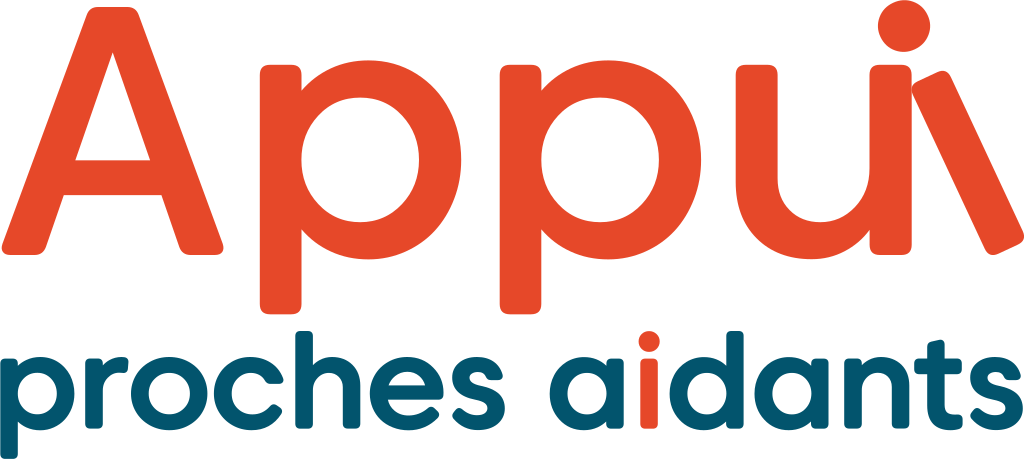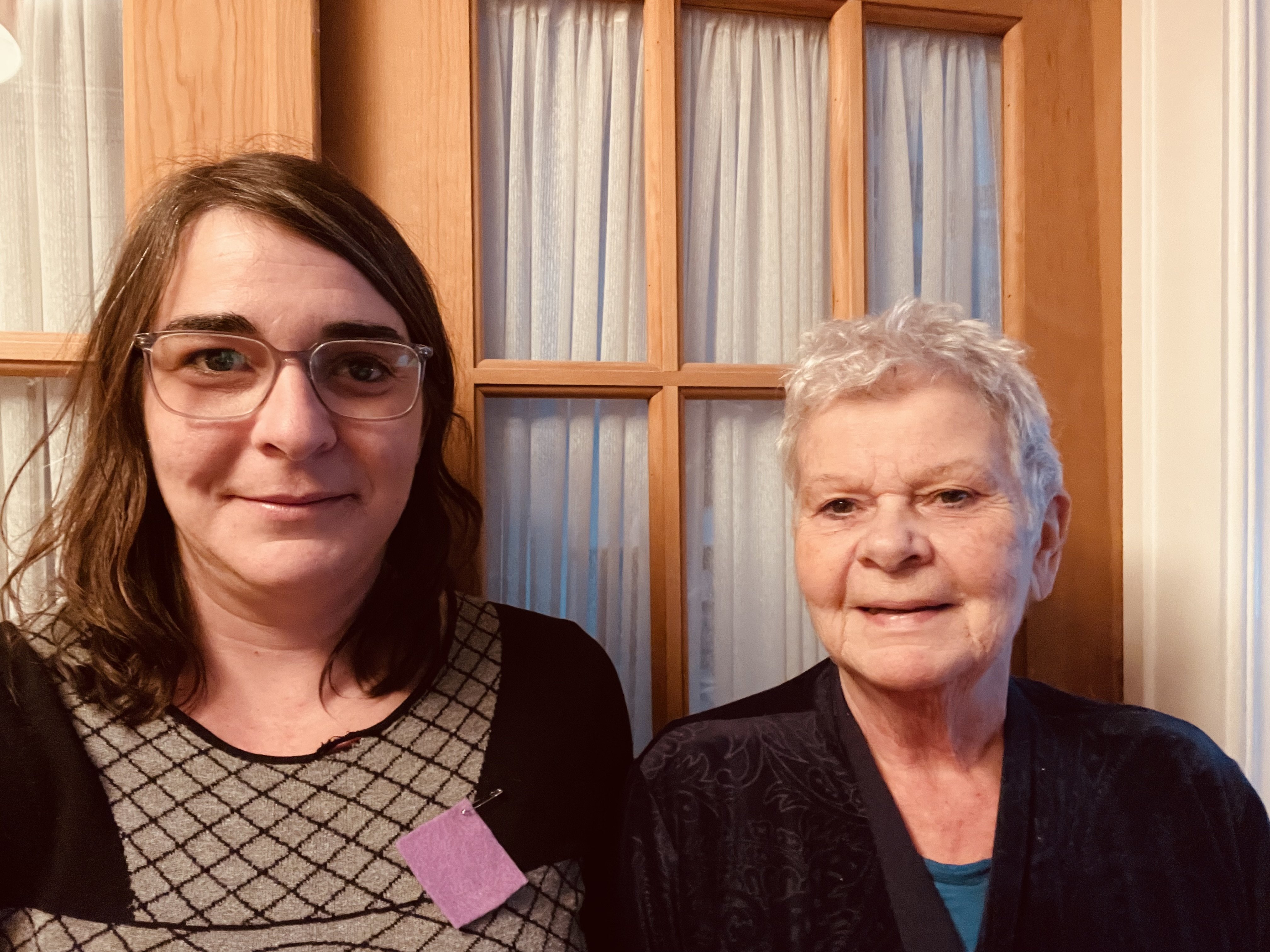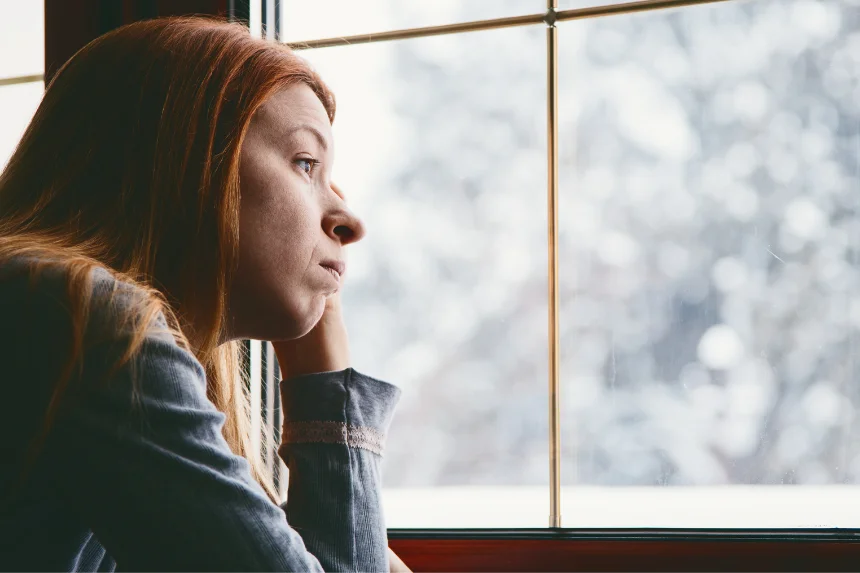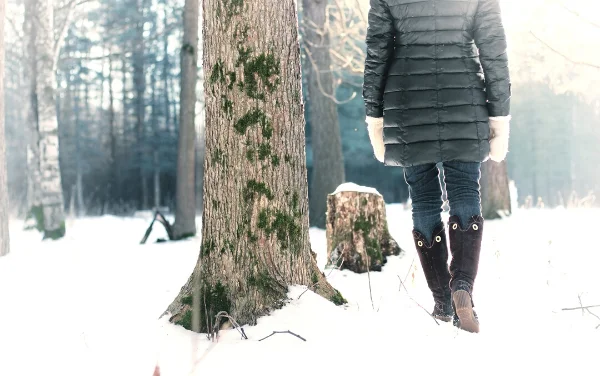Nathalie: No, but ever since his heart attack, he’s always told us: “I don’t want any medical complications, I don’t want to get to that point.”
Huguette: Yes, in fact, this issue was included in his will. In addition to his heart condition, his kidneys and lungs were in a weakened condition.
Nathalie: When I got the phone call, André was basically making his wishes known, he wanted everyone to be prepared. With this call, he asked me to pass on the message, in particular to my brother in Deux-Montagnes, my sister in Gaspésie, my mother Huguette and the grandchildren. Huguette and I went to his bedside at the Montreal Heart Institute the next day, and that’s when he spoke of medical assistance in dying. He told us he didn’t want to continue the struggle. He was asking for medical aid in dying, and said that if he fell ill in the meantime, he didn’t want to be resuscitated.








